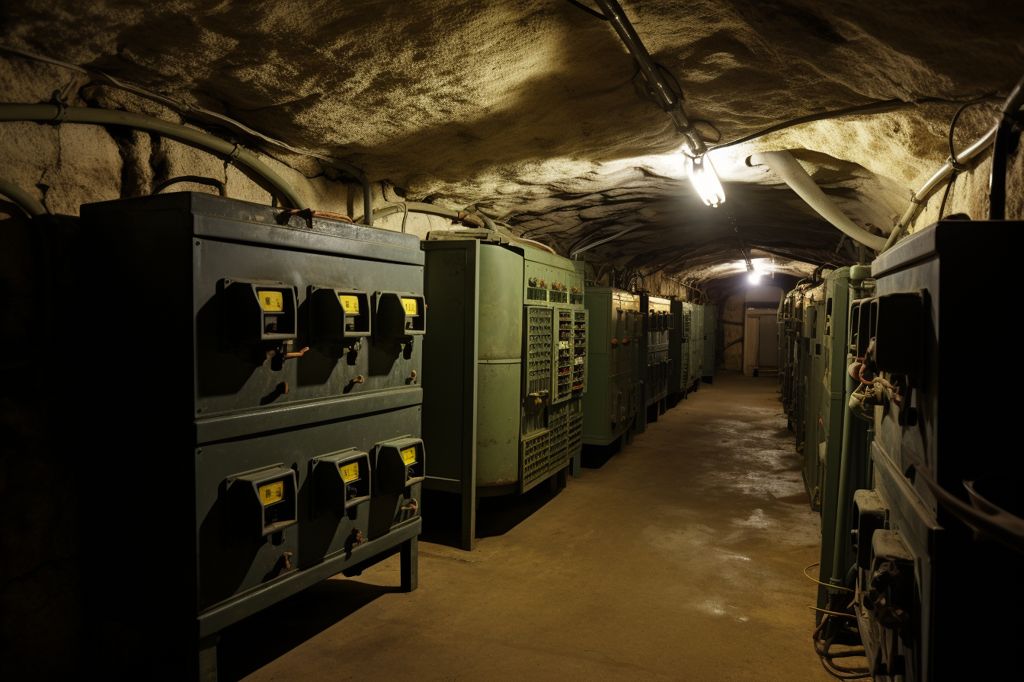An Inter-Ministerial Committee (IMC) has taken on the responsibility of investigating politically motivated killings in KwaZulu-Natal. The IMC, composed of ministers from various sectors, is chaired by the Minister of Police, General Bheki Cele. Their efforts aim to bring justice to those affected by the violence and ensure a safer environment in the province.
Understanding the Complex Dynamics
The IMC has been diligently working to uncover the root causes of politically motivated killings in KwaZulu-Natal. Their efforts have focused on understanding the complex dynamics that underpin the escalating violence. The committee has been examining the intricate web of socio-political forces at play and analyzing factors contributing to the killings.
Identifying and Bringing Perpetrators to Justice
The IMC has also been tasked with identifying those responsible for perpetrating these heinous acts. Their work includes the collection of crucial evidence, identifying suspects, and ultimately bringing them to justice.
Progress Made So Far
The IMC’s findings remain to be disclosed at the media briefing, but their work already represents a significant step forward in the efforts to curb politically-motivated violence in the region. The progress made thus far is a testament to the collaborative efforts of the various government departments, working together to address the critical issue of political violence.
Media Briefing to Highlight Progress
The media briefing, to be held at the Durban Central SAPS, marks a significant moment for both the IMC and the people of KwaZulu-Natal. Members of the media have been invited to attend the briefing, ensuring that the information shared reaches a wide audience and raises awareness about the issue.
Shedding Light on Complexities
The IMC’s investigation sheds light on the complexities surrounding political killings in KwaZulu-Natal, revealing the deep-rooted issues that fuel the violence. By diligently working to uncover the driving forces behind these acts, the committee seeks to bring justice to the victims of the violence and address the underlying issues that have led to this troubling situation.
Restoring Order and Stability
In a province marred by political turmoil, the IMC’s efforts are an essential step towards restoring order and stability. Their findings will be crucial in shaping future strategies to combat political violence in KwaZulu-Natal and beyond.
As the IMC prepares to reveal their latest findings, the people of KwaZulu-Natal eagerly await the results of the investigation. The upcoming media briefing serves as a crucial opportunity to gain insight into the progress made thus far, as well as to raise awareness about the issue and the ongoing efforts to address it. Together with the IMC’s work, the hope is that this briefing will mark a turning point in the ongoing struggle against political violence in KwaZulu-Natal.








